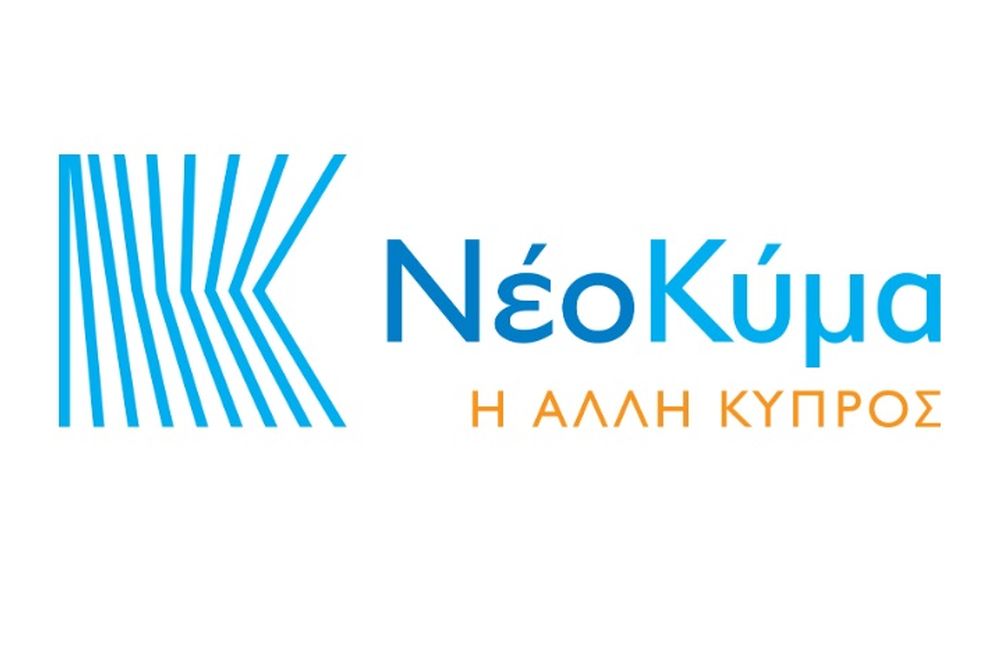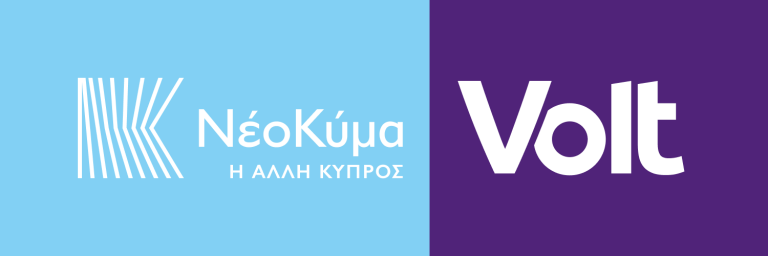
Parents: create an environment for your children wherein you place rich and developmentally-appropriate stimuli and leave the children in there. You will realize that these stimuli guide children to transform the environment into a learning environment! They will need help, because unfortunately in the environment wherein they currently live, they have not learned to activate the physical mechanisms of exploration, inventiveness, self-study, self-initiated activity, to organize their own time and space, to make decisions about what they want to do with their own time (so far we’ve been organizing everything for them).
Learning happens every time we do something and our behavior changes. In particular, what changes – hoping toward positive direction – is what we know (that is, our knowledge and understanding), our thinking and the way we think (that is, reasoning), what we do and how well we do it (that is, skills and performance skills), what we create (that is, products), and our dispositions (that is, how we position ourselves in our world).
Learning happens everywhere, it happens anyway, as long as we are in, or create, the right environment, experience it and then we have the opportunity to reflect on our experience. Discussion and reflection is the way experience creates a mark, a tattoo, an imprint on/in us, otherwise, like nylon the experience will roll over and disappear. Thus, our experiences become learning because we consciously, intentionally and interactively put an effort to learn. This is what happens with adults and so does with children.
Like, for example, as we all know, one can pray wherever and everywhere, and not just in a church. That’s the way learning is: it can happen everywhere and not just in schools. In fact, often learning is stronger outside the classroom and the school, as long as experiences are learning ones, make sense, or differently put, they touch us, and as long as we have the opportunity to interact and discuss them afterwards. School is just a space. It’s what’s happening in this space that has the potential to make kids love learning (or hate it, as usually is the case). Learning happens not only in the classroom, but everywhere, as long as we create the right environment.
So, Dear Folks, do not worry about children not going to school. But, yes, please do worry if all these hours and days they are in a non-learning environment, that doesn’t inspire them to do something or anything.
In any case, beyond the traditional, conventional, mainstream learning there are many forms of alternative education, from the most extreme homeschooling to the least extreme Montessori etc. There are many parents around the world who choose alternative forms of learning (in countries where this is an option), options which are far from being jail or prison-like schools and classrooms.
Of course, if the state obliges in a traditional form of education, then there can be no alternative, since it would probably be illegal for the child not to go to a conventional school. Thus, an important prerequisite of alternative education is for the state to be initiator, facilitator, supporter and provider of resources and the best solutions for the best, quality education that can exist. The state must be the one that creates the environment and not the one that, with bureaucracy and centralism, impedes learning.
We, people and the system, have institutionalized schooling; thus, it does not mean that the way it works or what children learn therein is the best or the best way. Many times, the opposite is probably the case: the institutions we create kill the desire to explore, to ask questions, to love learning.
The mechanism of learning is a mechanism we all have; it is a natural one and learning happens naturally. We must never forget that the most important is not the answers we receive, but the questions we pose; or, put in another way, the most important is learning to ask questions and learn to work. Let us take advantage of the free time that appeared to us in these special and unique times we all currently live in and experience, so that children can do exactly this: embark on a journey for searching for answers; embark on their own journey, even if they will never get the answers.
Make sure that children in early ages are in an environment, either outside (but remember that currently we #stayhome) or inside, with many stimuli that inspire their curiosity, senses, attention. They can watch documentaries about animals, plants or these damn viruses that have always been in our lives, but now, that they are threatening it, they are more timely than ever: it makes more sense to deal with them now (although it always did but overlooked them), as well as why we should wash our hands, be clean, etc. For younger children, make sure they are exposed to stories or make constructions and then talk about them. Give emphasis to the creation of a product, the execution of a project, and the thought processes. Cook together and then discuss the process with them, and think of how it might have been if we had put another ingredient. Make assumptions and try them. Have children arrange their room, stack books, storybooks, fairy tales in their bookshelf by color, or by theme, or in fives etc., help at home, with housework etc. Write together (or alone if they can) a diary of how they spend their time at home. Ask them to pay attention to or observe something and then describe it. Observation, description and recording are very important skills. Talk about this virus and find out together what it is, what it looks like, what the viruses are, what they are made of, etc. The method of investigation, asking questions that will bring up more, fresh questions etc. is very important. Get out into the garden, onto the balcony, on the terrace to care for flowers or plant new ones. In other words, spend time doing things together. In the end, don’t forget to get into discussions and reflections with your child (and reflect yourself on this experience, as well); and to write down what the child says.
For older children: they can work on projects, interesting experiments, research, explorations, constructions. In the end they may record and jot down comments, thoughts, and feelings; later on, you may discuss some of these together. I am sure you can find many ideas, yours or readymade. Talk to them about new things they may want to learn about and get together — or let them get — on a quest journey with beginning, progression, and some creative end, including some form of (self)evaluation.
Curriculum theory emphasizes the question, “what knowledge is of most worth?” as well as “What experiences should children have to be happier?” “What is it that they need to know, experience, do, need, be, share, become, overcome, contribute, etc.?” What experiences to have that are meaningful and bear the characteristics of interaction—that is, interacting with their previous experiences—and continuity–this is about the future dimension, that is, experience that will bring new experiences. Even us, adults do not like to deal with what has no future dimension, let alone children. Emphasis is also placed on the out-of-school experiences, the out-of-school curriculum, and quality time children spend with their parent(s): long or short excursions, time in nature, etc. Of course, at this time social distancing is the motto, not only with people we don’t know whom they came in contact with, but also with our family.
So don’t worry that schools are necessarily closed. Just find ways for children to be in a learning environment. Learning is meant to give children impulses and experiences that have the elements of interaction, with their other experiences, and continuity, thereby causing new experiences and questions.
Don’t worry too much. Anxiety also makes children anxious and unable to find a reason to engage into explorations, investigations and quests. Be their companions in vision, hope, creating a future dimension, the love of learning, understanding what learning is, what it does to us, and how this great process changes us.
Wishing you strength, courage, love, life, learning, creation, while in social isolation, mindfulness and learning to love our selves again. There is something positive in something negative; or there is no harm that does not offer something good. We just hope that the good will outweigh the bad. We cannot think differently, as life stretches ahead, right in front of us.
Dr. Nicoletta Christodoulou
Associate Professor, Curriculum and Instruction, Frederick University
Founder and Coordinator of the School of Nature
Secretary of the Biographical and Documentary Research SIG of the American Educational Research Association (AERA)
Formerly Elected Representative of Cyprus at the General Assembly of the International Association for the Advancement of Curriculum Studies (IAACS)
Member of the 77 board of New Wave – The Other Cyprus


